The ECLS-SHOCK Trial: ECPR in Infarct-Related Cardiogenic Shock
RebelEM
SEPTEMBER 14, 2023
Background: Cardiogenic shock develops in up to 10% of patients with acute myocardial infarction (AMI) and carries a 30 day mortality rate around 50%. bleeding, stroke, limb ischemia, and hemolysis). Extracorporeal Life Support in Infarct-Related Cardiogenic Shock. to 1.03) Poor Neurologic Outcome (CPC 3 or 4): 24.8%

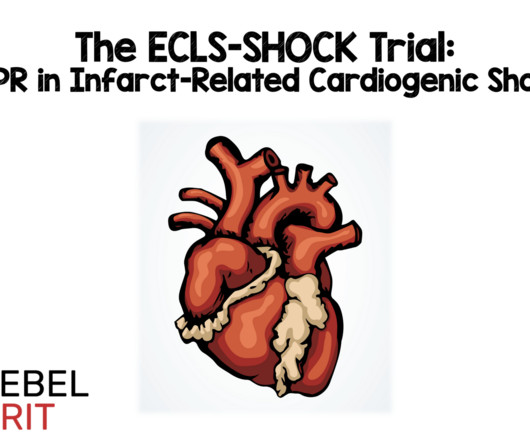
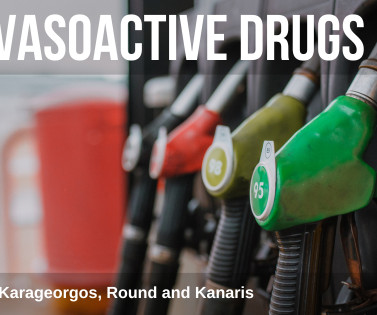

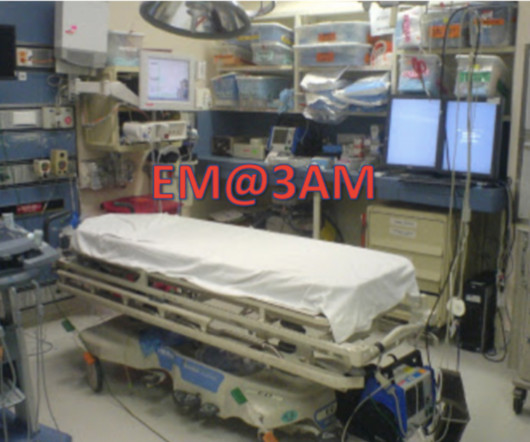




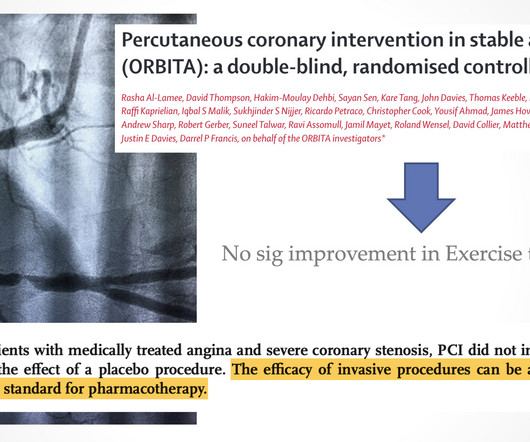










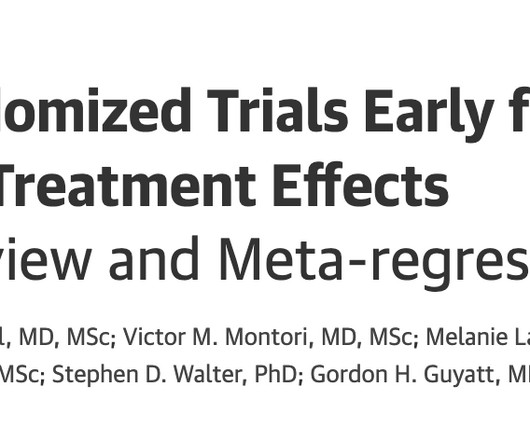

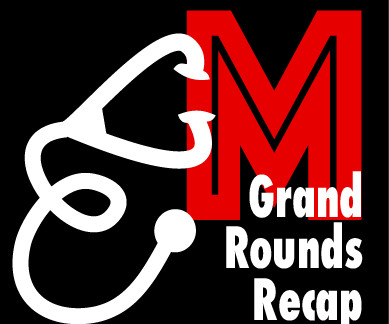

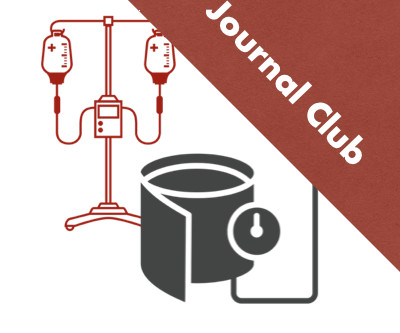
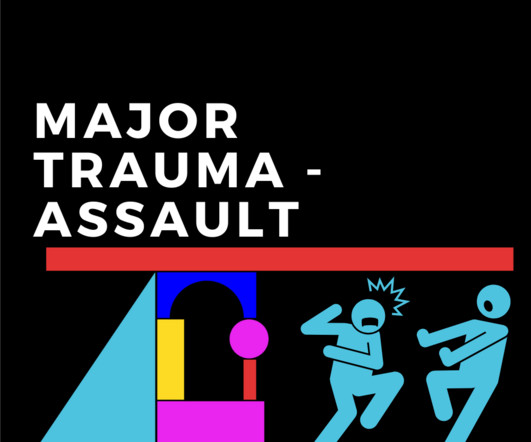






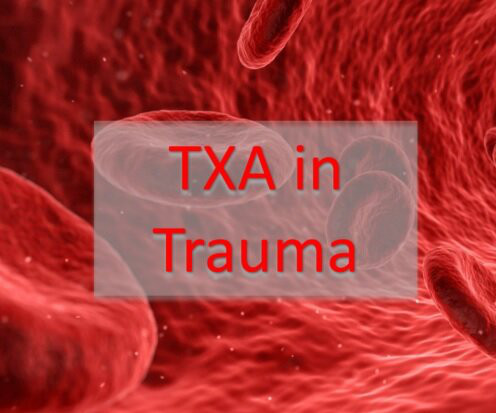

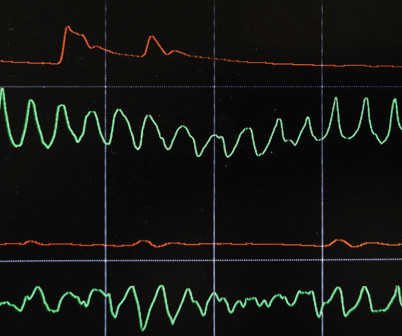






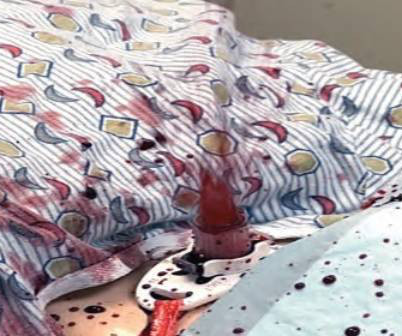









Let's personalize your content